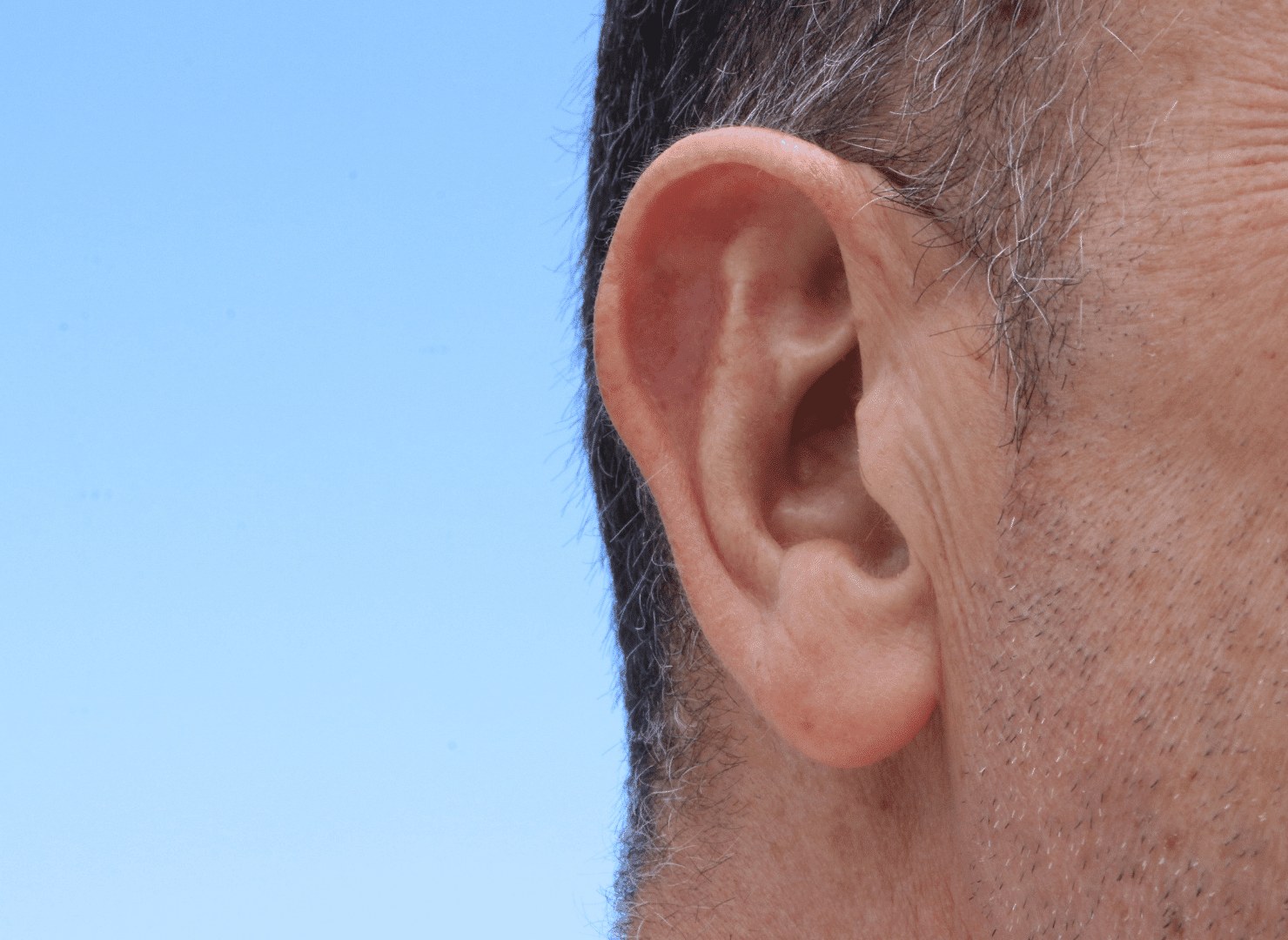It’s a common tale for the first-time hearing aid user: much to your chagrin (but typically to the delight of an annoyed family member or friend), you head to the audiologist. You sit for your first hearing test, and after an hour of intermittent hand-raising, you’re told that-- no surprise-- you have hearing loss
Whether you have seen an audiologist and received suggestions on which hearing aid to purchase, or have merely attended a free audiology clinic, walking away recommendation-less, one thing is for sure: you almost always leave feeling confused.
Hearing loss is a novel experience for many and opens up a lot of issues of uncertainty. It’s tough to process the cornucopia of new terminology coming your way-- channels, bands, RIC, CIC, Bluetooth…and more. Luckily, Audicus is here to help you sift through this information and ultimately answer the question:
which hearing aid is right for me?
One Common Misconception: Everyone Can Use the Same Hearing Aid
A hearing aid is a hearing aid, right? Wrong! There’s a reason for getting that hearing test! It’s not just a piece of paper, you know. Each individual’s hearing test (also called an
audiogram) contains pertinent information about the intricacies of lapses and deficits, as well as strong points, in one’s so-called hearing profile. This means that a hearing aid for one person must be programmed to be more powerful than a hearing aid for someone else (think eyeglasses-- they all do the same thing for people, but in a slightly different manner). If everyone were to use the same hearing aid, some individuals would experience notable gains, some would be overwhelmed with an overload of sound, and others still might not even notice a difference. So, personalization is key!
A Second Common Misconception: Hearing Aids Should Be Chosen Based on Lifestyle
Before we discuss this personalization, let’s clarify that personalization should be done based on your medical record, not on your lifestyle. Lifestyle factors may be considered when choosing a
hearing aid-- for instance, avid motorcycle riders want something that’ll stay put under a snug helmet while they cruise, like a CIC, while gym-rats might search for a device that won’t mind a little sweat-exposure, like a BTE with the open fit.
While these are all valid considerations, it’s important to keep in mind that these should be secondary factors in choosing your hearing aid. Again, personalization is the number one factor to be considered in choosing your device. So, what do we mean by personalization exactly?
Mild, Moderate, Severe, Profound Hearing Loss: Where to Start When Picking out Hearing Aids
Your audiogram will yield a set of numbers, similar to an eyeglass prescription, the entirety of which can be identified by a single moniker to identify your hearing loss: mild, moderate, severe, or profound.
This, is how you determine-- which hearing aid is right for me? An audiogram, like the one shown here, indicates the level of hearing loss. Most hearing aids advertise a certain corresponding capability.
Once you narrow it down to the hearing aid(s) best fit for your medical needs, you can consider other factors like whether the hearing aids are sweat-proof, what types of batteries they use, or stylistic factors like color! Don’t forget to check out Audicus' great product line here, and ask any follow-up questions you may have to our stellar
customer support team. You can always access our FAQs, too.
By: Andrea Zielinski




